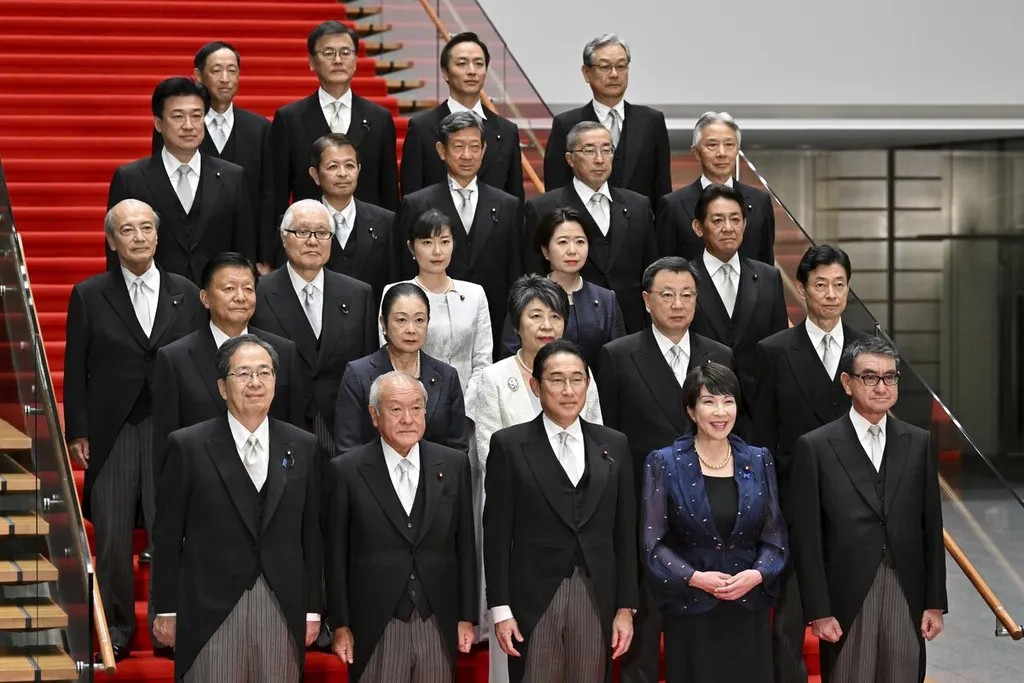JAKARTA – In Japan, a corruption scandal is not just a legal matter; it is a moral catastrophe. The moment an official is implicated, a swift and often irreversible fall from grace follows. Resignation is the expected course of action, and in extreme cases, the unbearable weight of shame has driven some individuals to take their own lives. The concept of honor is deeply embedded in Japanese society, acting as an invisible force that compels public figures to take responsibility in ways that extend beyond legal consequences.
Indonesia, on the other hand, presents a starkly different picture. Corruption cases involving high-ranking officials frequently make headlines, yet the consequences rarely extend beyond temporary imprisonment or fines. In many cases, convicted politicians re-emerge in the political arena, welcomed back by their supporters as though their crimes were mere footnotes in their careers. The absence of deep-rooted shame in Indonesia’s political landscape allows corruption to persist, as those found guilty often retain their influence and social standing.
The divergence between these two nations is not coincidental but a result of centuries of cultural, historical, and institutional development. Japan’s concept of shame and personal accountability is rooted in its feudal past, where samurai warriors lived by the bushido code. Honor was everything, and failure to uphold one’s duty was seen as an irreversible stain, often atoned for by seppuku, a ritual suicide meant to restore dignity. This tradition continued to shape Japan’s approach to responsibility, persisting even as the nation modernized and transitioned to a democratic system.
Even in contemporary Japan, this philosophy remains evident. The case of Toshikatsu Matsuoka, Japan’s Minister of Agriculture, Forestry, and Fisheries, is a stark reminder of the severity of shame in Japanese politics. In 2007, while under investigation for misappropriating government funds, Matsuoka was found dead in his apartment, having taken his own life mere hours before he was scheduled to testify. His suicide was not an isolated incident but part of a long history of public figures who viewed disgrace as something worse than death.
The resignation of Keishu Tanaka in 2012 further illustrates Japan’s strict adherence to moral integrity. As Minister of Justice, he stepped down after reports surfaced linking him to yakuza groups. Though he was not prosecuted, the mere association with organized crime was deemed sufficient grounds for resignation. Similarly, in 2015, Akira Amari, Japan’s Minister of Economy, left office after allegations of bribery involving his subordinates surfaced. Though he personally denied any wrongdoing, the principle of leadership accountability led him to step aside to protect the credibility of the government.
The corporate world in Japan follows a similar trajectory. Business leaders implicated in scandals often step down in disgrace, and public apologies are expected as a form of atonement. Some executives, overwhelmed by dishonor, have even resorted to suicide. The weight of public perception is an unofficial yet powerful force in shaping the actions of individuals in positions of power.
Indonesia, by contrast, lacks this ingrained sense of personal accountability. Despite being a nation that places a strong emphasis on religious and moral values, corruption remains endemic, and public officials often escape lasting consequences. Unlike Japan, where a mere accusation can end a career, Indonesian politicians frequently remain defiant even after conviction. Some convicted officials are greeted with celebrations upon their release from prison, reentering politics as if their past crimes had no bearing on their ability to govern.
This fundamental difference in political culture can be traced back to historical factors. Japan’s governance model, deeply influenced by Confucian ideals and feudal traditions, instilled a strict code of honor that discourages corruption at its very core. Indonesia, on the other hand, has struggled with a legacy of colonial rule and post-independence governance structures that failed to cultivate a culture of accountability. Patronage and political alliances often protect those accused of corruption, creating an environment where ethical misconduct carries minimal repercussions.
Without a deeply embedded sense of shame acting as a deterrent, Indonesia’s corruption problem remains entrenched. While Japan’s culture of honor ensures that ethical violations come with severe social and professional costs, Indonesia’s system lacks the same moral and institutional pressures. Until a cultural shift occurs, where dishonor truly carries weight, corruption will continue to be treated as an unfortunate but tolerable aspect of political life.






